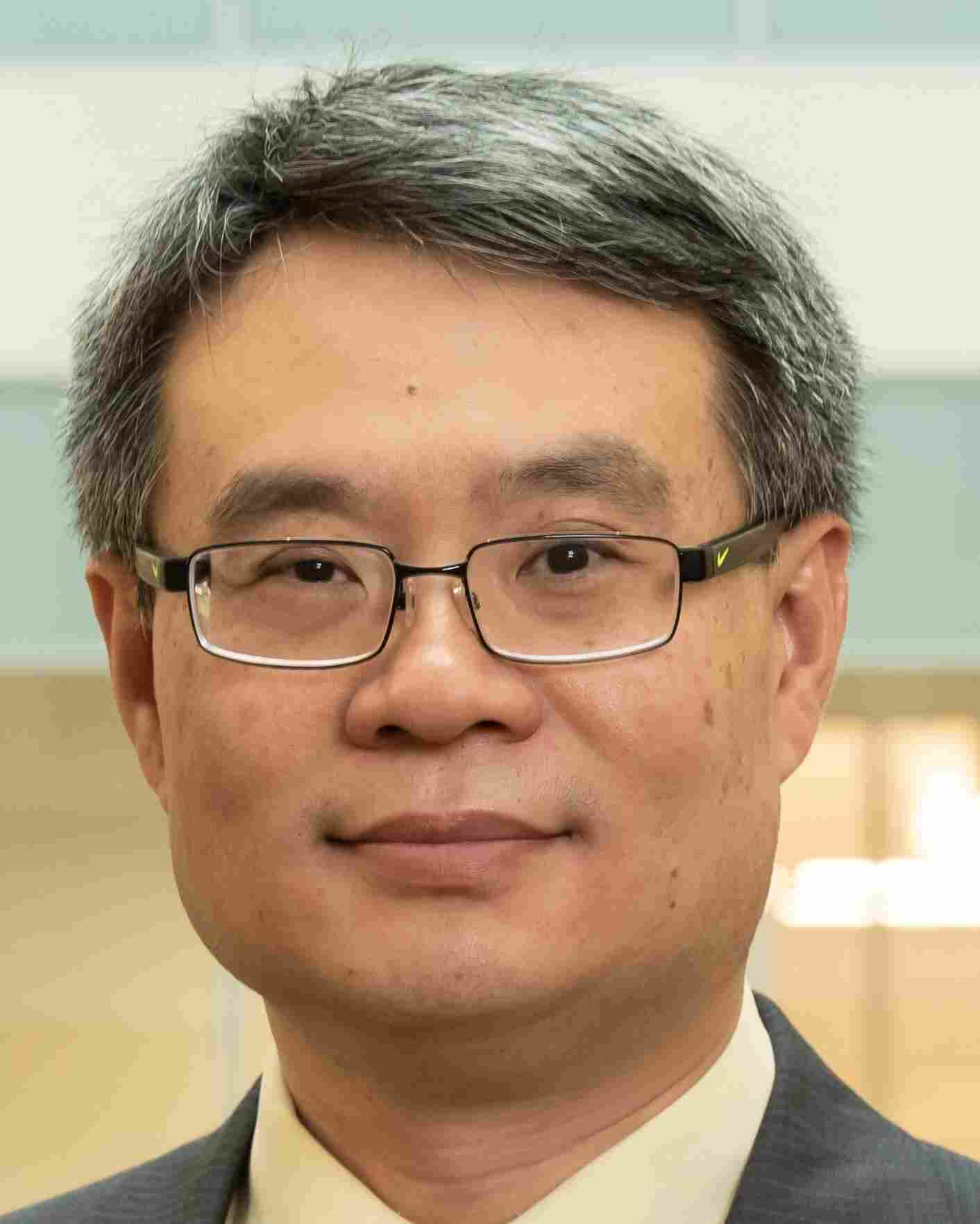The International Workshop on Very Large Internet of Things (VLIoT 2022)
In conjunction with VLDB 2022
Program Committee
Our members of the Program Committee are coming from all around the world!
Very Large Internet of Things
Do you want to know why we believe that Very Large Internet of Things is a hot topic in research?
Types of Papers
We accept four types of papers
- Research Papers
- Experiments and Analysis Papers
- Application Papers
- Vision Papers
Topics of Interest
We are interested in submissions in any topic related to Very Large Internet of Things...

 Yiran Chen received B.S (1998) and M.S. (2001) from Tsinghua University and Ph.D. (2005) from Purdue University. After five years in industry, he joined University of Pittsburgh in 2010 as Assistant Professor and then was promoted to Associate Professor with tenure in 2014, holding Bicentennial Alumni Faculty Fellow. He is now the Professor of the Department of Electrical and Computer Engineering at Duke University and serving as the director of the NSF AI Institute for Edge Computing Leveraging the Next-generation Networks (Athena), the NSF Industry–University Cooperative Research Center (IUCRC) for Alternative Sustainable and Intelligent Computing (ASIC), and the co-director of Duke Center for Computational Evolutionary Intelligence (DCEI). His group focuses on the research of new memory and storage systems, machine learning and neuromorphic computing, and mobile computing systems. Dr. Chen has published 1 book and about 500 technical publications and has been granted 96 US patents. He has served as the associate editor of more than a dozen international academic periodicals and served on the technical and organization committees of more than 60 international conferences. He is now serving as the Editor-in-Chief of the IEEE Circuits and Systems Magazine. He received eight best paper awards, one best poster award, and fourteen best paper nominations from reputable international conferences and workshops such as MICRO, KDD, DATE, SEC, etc. He received numerous awards for his technical contributions and professional services such as IEEE Computer Society Edward J. McCluskey Technical Achievement Award, ACM SIGDA Service Award, etc. He is a Fellow of the ACM and IEEE and now serves as the chair of ACM SIGDA.
Yiran Chen received B.S (1998) and M.S. (2001) from Tsinghua University and Ph.D. (2005) from Purdue University. After five years in industry, he joined University of Pittsburgh in 2010 as Assistant Professor and then was promoted to Associate Professor with tenure in 2014, holding Bicentennial Alumni Faculty Fellow. He is now the Professor of the Department of Electrical and Computer Engineering at Duke University and serving as the director of the NSF AI Institute for Edge Computing Leveraging the Next-generation Networks (Athena), the NSF Industry–University Cooperative Research Center (IUCRC) for Alternative Sustainable and Intelligent Computing (ASIC), and the co-director of Duke Center for Computational Evolutionary Intelligence (DCEI). His group focuses on the research of new memory and storage systems, machine learning and neuromorphic computing, and mobile computing systems. Dr. Chen has published 1 book and about 500 technical publications and has been granted 96 US patents. He has served as the associate editor of more than a dozen international academic periodicals and served on the technical and organization committees of more than 60 international conferences. He is now serving as the Editor-in-Chief of the IEEE Circuits and Systems Magazine. He received eight best paper awards, one best poster award, and fourteen best paper nominations from reputable international conferences and workshops such as MICRO, KDD, DATE, SEC, etc. He received numerous awards for his technical contributions and professional services such as IEEE Computer Society Edward J. McCluskey Technical Achievement Award, ACM SIGDA Service Award, etc. He is a Fellow of the ACM and IEEE and now serves as the chair of ACM SIGDA. I.F. Akyildiz (Life Fellow, IEEE) received the B.S., M.S., and Ph.D. degrees in Electrical and Computer Engineering from the University of Erlangen–Nürnberg, Germany, in 1978, 1981, and 1984, respectively. He is also Founder and President of the Truva Inc., a consulting company based in Georgia, USA, since 1989. He is an Advisory Board member at the Technology Innovation Institute (TII) Abu Dhabi, United Arab Emirates, since June 2020. He is the Founder and the Editor-in-Chief of the newly established of International Telecommunication Union Journal on Future and Evolving Technologies (ITU J-FET) since August 2020. He served as the Ken Byers Chair Professor in Telecommunications, the Past Chair of the Telecom Group at the ECE, and the Director of the Broadband Wireless Networking Laboratory, Georgia Institute of Technology, from 1985 to 2020. He had many international affiliations during his career and established research centers in Spain, South Africa, Finland, Saudi Arabia, Germany, Russia, India and Cyprus. Dr. Akyildiz is an IEEE Fellow since 1996, and ACM Fellow since 1997. He received numerous awards from IEEE, ACM, and other professional organizations, including Humboldt Award from Germany and Tubitak Award from Turkey. In June 2022, according to Google Scholar his h-index is 133 and the total number of citations to his articles is more than 134+K. His current research interests include Networking 2030, Hologram and Extended Reality Communication, 6G/7G wireless systems, Terahertz Communication, Underwater Communication.
I.F. Akyildiz (Life Fellow, IEEE) received the B.S., M.S., and Ph.D. degrees in Electrical and Computer Engineering from the University of Erlangen–Nürnberg, Germany, in 1978, 1981, and 1984, respectively. He is also Founder and President of the Truva Inc., a consulting company based in Georgia, USA, since 1989. He is an Advisory Board member at the Technology Innovation Institute (TII) Abu Dhabi, United Arab Emirates, since June 2020. He is the Founder and the Editor-in-Chief of the newly established of International Telecommunication Union Journal on Future and Evolving Technologies (ITU J-FET) since August 2020. He served as the Ken Byers Chair Professor in Telecommunications, the Past Chair of the Telecom Group at the ECE, and the Director of the Broadband Wireless Networking Laboratory, Georgia Institute of Technology, from 1985 to 2020. He had many international affiliations during his career and established research centers in Spain, South Africa, Finland, Saudi Arabia, Germany, Russia, India and Cyprus. Dr. Akyildiz is an IEEE Fellow since 1996, and ACM Fellow since 1997. He received numerous awards from IEEE, ACM, and other professional organizations, including Humboldt Award from Germany and Tubitak Award from Turkey. In June 2022, according to Google Scholar his h-index is 133 and the total number of citations to his articles is more than 134+K. His current research interests include Networking 2030, Hologram and Extended Reality Communication, 6G/7G wireless systems, Terahertz Communication, Underwater Communication.